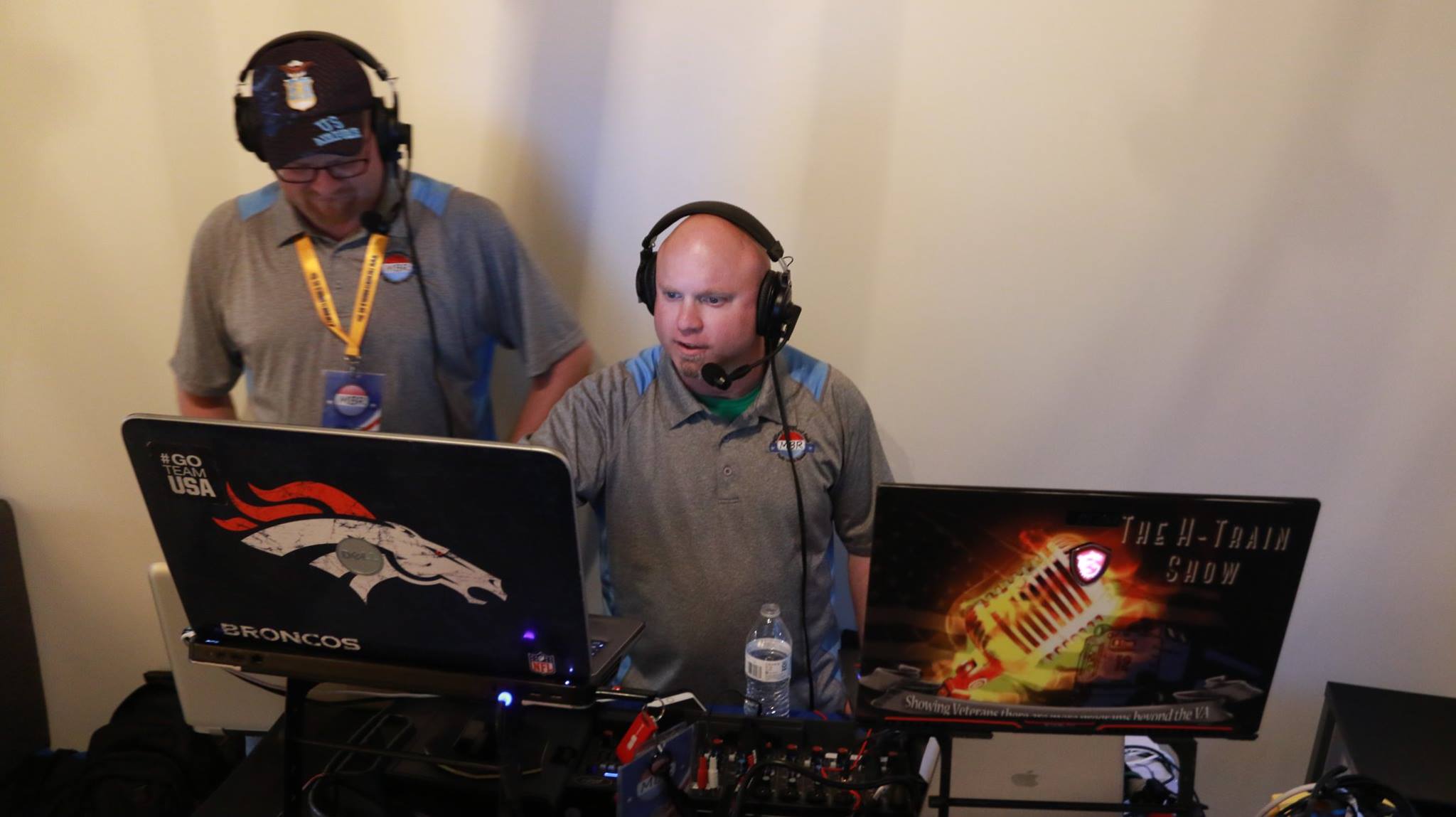Hiring veterans with PTSD
Hiring veterans is a priority for many companies, but how can a business accommodate for an employee who suffers from post traumatic stress disorder (PTSD)? Employees come to us from all kinds of backgrounds, cultures, families, and experiences. The key to helping anyone comfortably succeed as an employee is to be armed with education about specific situations. In the case of PTSD, the following three things can be in place to help transition a PTSD victim from military to civilian employment.
1. PTSD isn’t visible. You cannot assume that a prospective employee with a military combat background suffers from PTSD. You also can’t assume that he doesn’t, and you can’t ask. Make a company policy that outlines what you have to offer to those suffering from this and other anxiety conditions, and make that policy widely known. Invite those who need to take advantage of the benefits you offer to confide in an appointed member of your staff who is trained is guiding employees to needed resources.
2. Sufferers who have undergone counseling can anticipate situations that may not be conducive to the condition. Have a quiet understanding that an employee may exit a situation, meeting, etc. or take frequent breaks without repercussion. If an employee reacts poorly to large crowds, allow meetings to be attending through conference calls. Allowing for telecommunicating for a percentage of the work week could also be helpful in eliminating some stressors that can cause PTSD episodes to surface. Most importantly, accept the needs of an employee without feeling the need to understand them.
3. If at all possible, provide the best mental health benefits possible as a part of your company’s benefits package. Mental health care is expensive. Co-pays alone for these types of on-going appointments are often enough to keep sufferers from seeking needed intervention and care. Allow time off during the workday for counseling appointments or support groups, and include PTSD inclusion training as a part of your company’s professional development. For information on presenters on this topic, contact Support and Family Services at your nearest military installation.









































